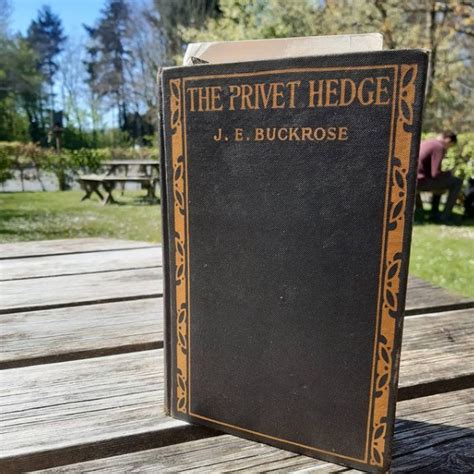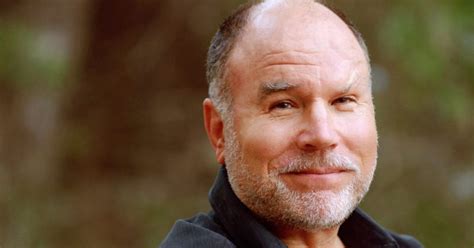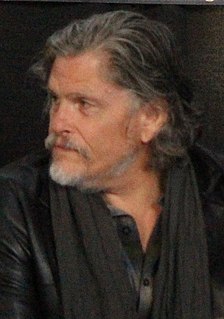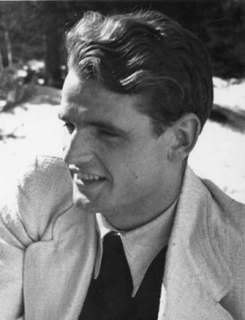A Quote by J. E. Buckrose
one of the greatest hindrances to happiness in the present day is our tendency to standardize our conception of it.
Quote Topics
Related Quotes
There are moments in our lives, there are moments in a day, when we seem to see beyond the usual- become clairvoyant. We reach then into reality. Such are the moments of our greatest happiness. Such are the moments of our greatest wisdom. It is in the nature of all people to have these experiences; but in our time and under the conditions of our lives, it is only a rare few who are able to continue in the experience and find expression for it.
Every day we touch what is wrong, and, as a result, we are becoming less and less healthy. That is why we have to learn to practice touching what is not wrong—inside us and around us. When we get in touch with our eyes, our heart, our liver, our breathing, and our non-toothache and really enjoy them, we see that the conditions for peace and happiness are already present.
It may be observed in general that the future is purchased by the present. It is not possible to secure distant or permanent happiness but by the forbearance of some immediate gratification. This is so evidently true with regard to the whole of our existence that all precepts of theology have no other tendency than to enforce a life of faith; a life regulated not by our senses but by our belief; a life in which pleasures are to be refused for fear of invisible punishments, and calamities sometimes to be sought, and always endured, in hope of rewards that shall be obtained in another state.
Our days are numbered. One of the primary goals in our lives should be to prepare for our last day. The legacy we leave is not just in our possessions, but in the quality of our lives. What preparations should we be making now? The greatest waste in all of our earth, which cannot be recycled or reclaimed, is our waste of the time that God has given us each day.
But Christ could certainly not have established the Church. That is, the institution we now call by that name, for nothing resembling our present conception of the Church-with its sacraments, its hierarchy, and especially its claim to infallibility-is to be found in Christ's words or in the conception of the men of his time.
Distance... is like futurity. A dim vastness is spread before our souls; the perceptions of our mind are as obscure as those of our vision... But alas! when we have attained our object, when the distant 'there' becomes the present 'here,' all is changed; we are as poor and circumscribed as ever, and our souls still languish for unattainable happiness.

































